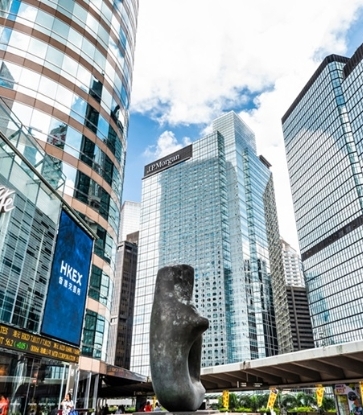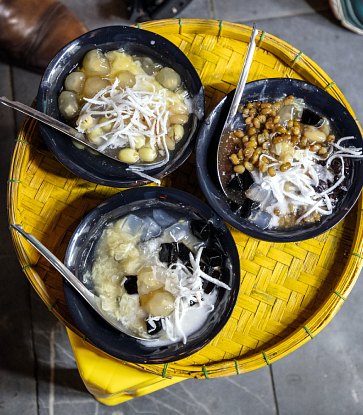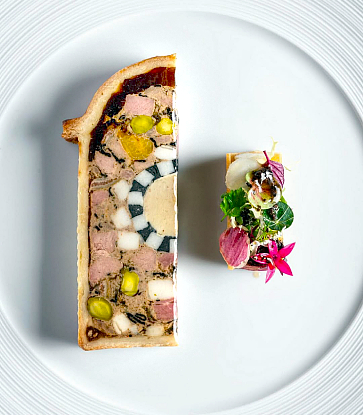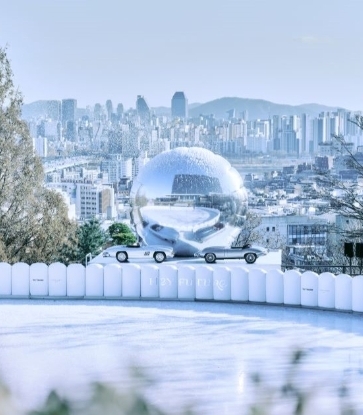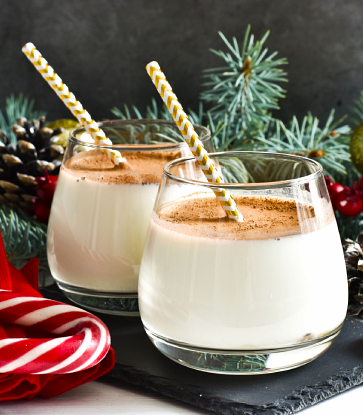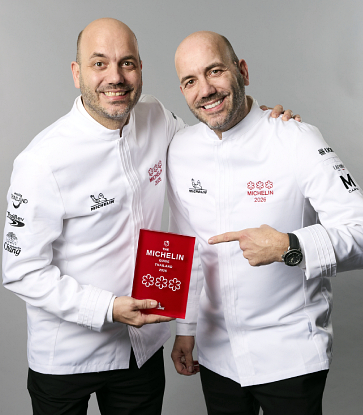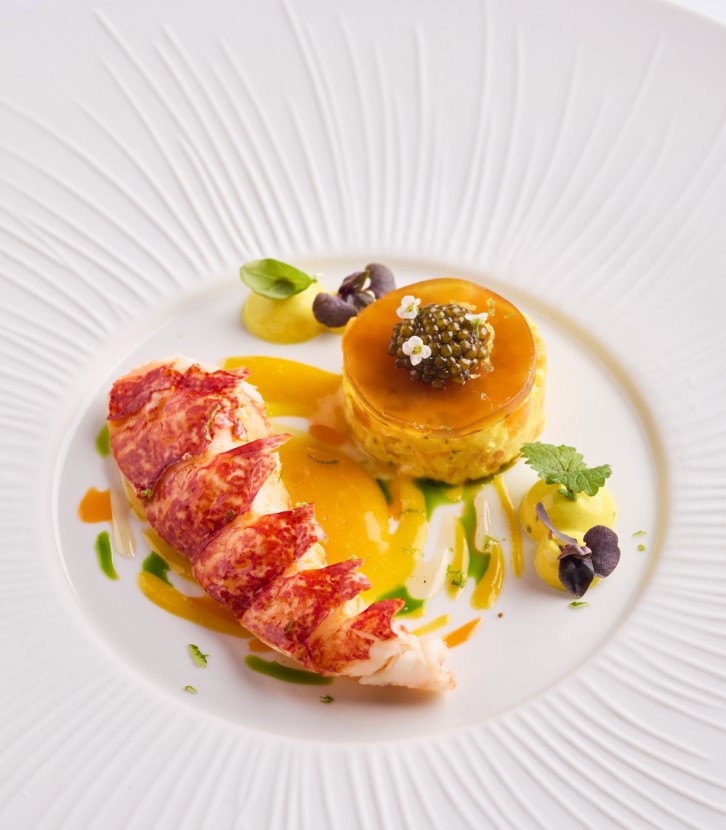Though French-sounding, the restaurant was named after the Thai word for “seasons”, which reflects the chef’s focus on traditional flavours and local, seasonal ingredients, woven together with contemporary flair. “I want to create modern Thai food that still maintains the roots of Thai cuisine,” he says. “At Le Du, we want to present the seasonal produce of Thailand to showcase the terroir of Thailand.”

He met farmer Amnart Reansoi several years back and was impressed by how he had set up a chicken farm off the back of his organic rice farm. At Tan-khun Organic Farm, Reansoi raises the poultry on organic chicken feed and a free-range system, practices rare in Thailand. “We’ve been working very closely these past four to five years and he always asks me for feedback about how many months old the chicken should be or what feed affects the taste of the chicken,” says the chef.

These are values that the chef shares with Nespresso in the way that it does its sourcing. “Nespresso is working with its farmers the same way I work with my farmers. We share something in common which is very important — sustainability and the welfare of our farmers,” he explains.

“The consistency of Nespresso is second to none for me because every single time you know it will be exactly the same and that’s very important for us,” he says. “As a restaurant, we try to achieve the same consistency over and over again for every guest, for every table, every night. We want to make sure that every customer gets the best quality coffee in every cup, the same as the food that we try to serve. At the end of the meal, I want all my guest to love Thailand a little bit more. That is my goal.”






